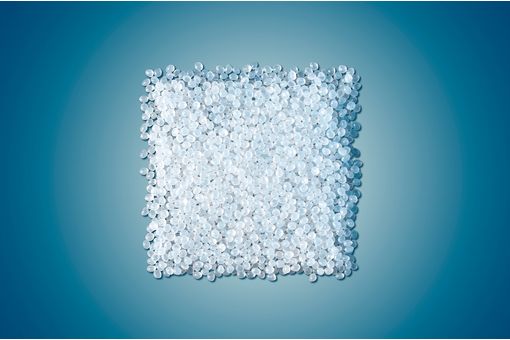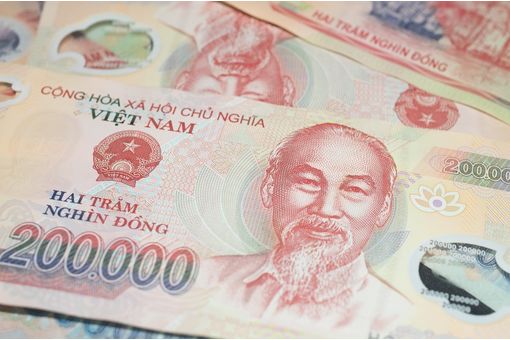Fair Trade label courts success in two-year pilot project
The report also addresses key issues and challenges faced during the pilot period. One challenge was an economic climate not conducive to new sourcing commitments that may have a higher price tag for brands, even if they deliver impact to workers. As a result, brands were slow to participate in the pilot and to adopt Fair Trade in a significant way, making it difficult to assess impact on a large scale.
“Consumers want sustainably-sourced apparel,” said Heather Franzese who managed the pilot at Fair Trade USA. “A recent Harvard study showed a 14 percent sales lift on clothing labeled ‘socially conscious’ in Banana Republic outlet stores. People want to know more than ‘Made in Bangladesh.’ They want to know that the woman at the sewing machine can afford to send her kids to school. The question is which leading brands will be the first to step up and provide that assurance?”
Why Fair Trade Apparel?
Americans today buy more clothing than any other nation in the world: 64 items a year, on average. In an industry infamous for dangerous working conditions, child and slave labor, gender discrimination and workplace abuse, Fair Trade certification offers a road not only to worker safety, empowerment, and community development, but also a potential solution for the apparel industry as it seeks ways to improve lives and protect the environment.
“This innovative work in Fair Trade is an important step toward setting a precedent for sustainably-sourced apparel,” said Kelsey Timmerman, author of Where am I Wearing? “The industry knows it needs to move in this direction, and I applaud Fair Trade USA and their partners for working to offer a tangible, impactful solution.”
Fair Trade USA, a nonprofit organization, is the leading third-party certifier of Fair Trade products in North America. Fair Trade USA audits and certifies transactions between companies and their international suppliers to guarantee that the farmers and workers producing Fair Trade Certified goods were paid fair prices and wages, work in safe conditions, protect the environment, and receive community development funds to empower and improve their communities.
Fair Trade USA also educates consumers, brings new manufacturers and retailers into the Fair Trade system, and provides farming communities with tools, training and resources to thrive as international businesspeople.
































-Ltd..jpg?tr=w-120,h-60,c-at_max,cm-pad_resize,bg-ffffff)





.jpg?tr=w-120,h-60,c-at_max,cm-pad_resize,bg-ffffff)
.jpg?tr=w-120,h-60,c-at_max,cm-pad_resize,bg-ffffff)






